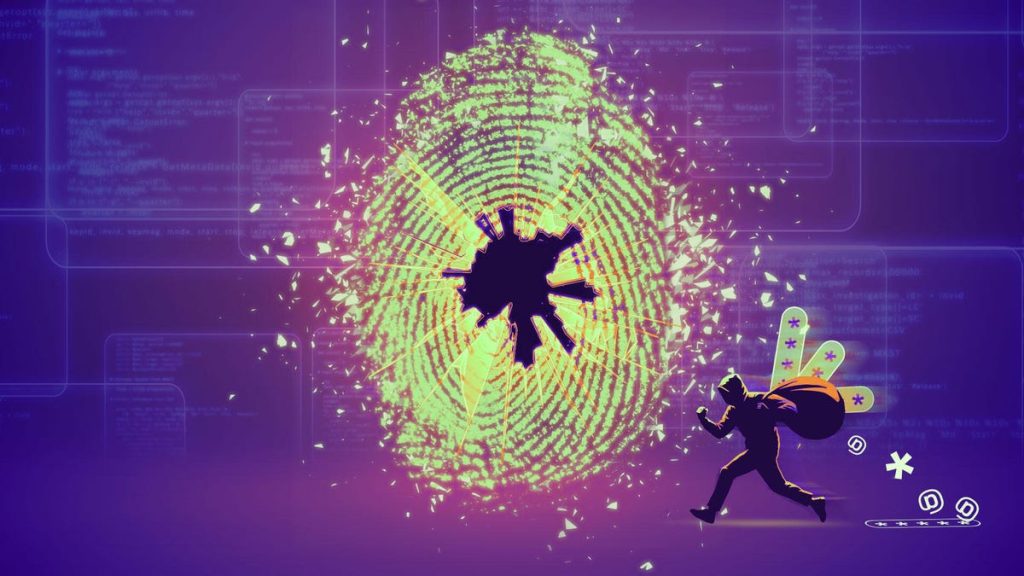In today’s digital landscape, the reality of compromised sensitive data is an alarming statistic—47% of U.S. adults are aware that their personal information has been leaked due to cyberattacks, with a notable number of individuals across different generations affected. The CNET survey highlighted how Gen X and Baby Boomers exhibit greater awareness of data breaches compared to millennials and Gen Z. Beyond individual experiences, the prevalence of data breaches is escalating, often stemming from malicious phishing attempts, unintentional human errors, and even insider threats. Although data breaches do not invariably lead to identity theft, they heighten the risk of subsequent phishing attempts, suggesting that individuals must remain vigilant in safeguarding their identities and personal data.
Following a data breach, immediate actions by victims play a critical role in mitigating potential risks. The survey indicates that 68% of users have opted to change passwords after being notified of a breach, while 41% have adopted two-factor authentication for their accounts, which adds an essential layer of security. However, other protective measures, such as placing fraud alerts on credit reports and signing up for identity theft protection services, were also common responses. Notably, companies often provide their customers with free identity theft protection for a limited time following a breach, yet the decision to independently seek out continued protection afterward is equally significant in ensuring long-term security.
While many consumers take steps toward protecting their identities, alarming habits persist in password management, which can further increase vulnerability to cyber threats. The survey found that 41% of respondents had reused passwords across multiple accounts—a practice that could easily allow unauthorized users to gain access to various services through credential stuffing. Security experts strongly advise creating unique passwords for each account, suggesting the use of password managers to simplify this process. These tools provide a secure repository for passwords, automate the login process, and even monitor for compromised credentials. The survey results also revealed that 20% of adults had unenrolled from two-factor authentication within the past year, which diminishes their security posture.
As the holiday shopping season approaches, the urgency for secure online transactions surges, and cybersecurity awareness among consumers becomes paramount. Despite the risks, an impressive 84% of survey participants indicated they were adopting specific measures to protect their data this season. Shoppers express caution by opting to purchase items only from reputable websites and relying on trusted mobile applications. Additionally, many are strengthening their password hygiene by utilizing unique passwords and two-factor authentication while shopping online. However, some have not taken further precautions, like checking for HTTPS encryption or using digital wallets, which can help protect financial information from potential data breaches.
Consumers are particularly wary of falling victim to holiday scams, with 66% expressing concerns over becoming targets of fraud. Among the various scams, non-delivery scams—wherescammers impersonate shipping companies to harvest personal information—rank high on people’s list of fears. This highlights the essential need for consumers to avoid links and attachments in unsolicited messages and to verify information directly through official channels. Other prevalent fears included customer support scams, charity scams, gift card scams, and romance fraud. Given the proximity of tax season, individuals are also advised to file taxes early to avert tax return identity theft.
Ultimately, cultivating awareness and adopting best practices for cybersecurity can dramatically reduce the risk of falling victim to online scams. This includes maintaining proactive communication and vigilance by doing due diligence before responding to unexpected messages or calls, particularly those claiming urgency. The nature of criminal behavior emphasizes that the more challenging targets make themselves, the quicker criminals will retreat in search of easier prey. Thus, fostering informed habits in digital interactions can significantly enhance personal protection against the myriad risks posed in an increasingly connected world.
Overall, the survey conducted by CNET emphasizes the importance of cybersecurity awareness and the proactive measures that consumers need to adopt to protect themselves in a landscape where data breaches and cyber threats are becoming increasingly common. As we navigate the complexities of the digital realm, understanding our responsibilities in safeguarding our sensitive information is paramount in mitigating potential risks and cultivating a safe online environment.










